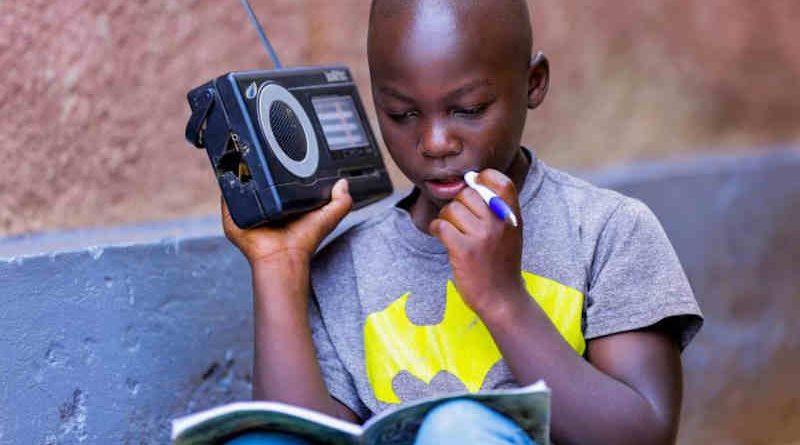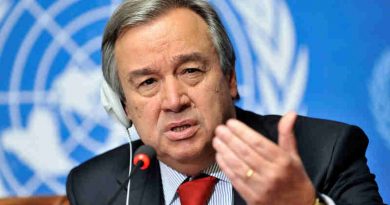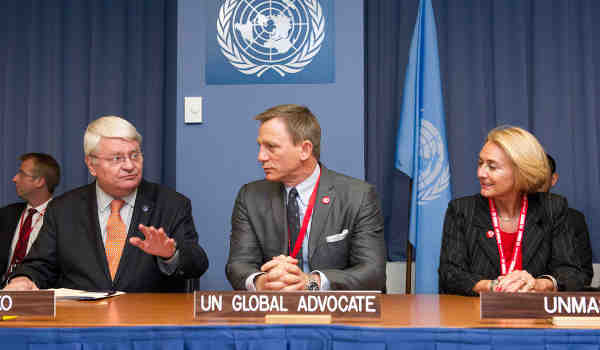How UN Helps Children Continue Learning Amid Covid Crisis

While schools are reopening in some corners of the world after Covid-19 pandemic-induced closures, the United Nations and its partners are helping children continue their learning through all possible means, including the Internet, radio, and television.
The United Nations Department of Global Communications (DGC), which promotes global awareness and understanding of the work of the United Nations, has revealed the major channels that the UN agencies use to impart education to children.
The United Nations Environment Programme (UNEP) and TED-Ed have joined forces to launch “Earth School,” which provides free, high-quality educational content to help students, parents, and teachers around the world who are currently at home.
Earth School takes students on a 30-day “adventure” through the natural world, featuring videos, reading materials, and activities to help students gain an understanding of the environment while considering their role within it.
“Covid-19 has revealed how deeply interconnected all life on this planet is,” says UNEP Executive Director, Inger Andersen.
Meanwhile, UNICEF and Microsoft Corp. announced the expansion of a global learning platform to help children and youth affected by Covid-19 continue their education at home.
| Download All Issues of Covid Health Bulletin | ||
| April 16-30, 2020 | May 1-15, 2020 | May 16-31, 2020 |
The Learning Passport, which provides education for displaced and refugee children through a digital remote learning platform, has undergone rapid expansion to facilitate country-level curricula for children and youth whose schools have been forced to close due to Covid-19. The platform will also provide resources to teachers and educators.
“From school closures, to isolation, to a persistent sense of fear and anxiety, the effects of this pandemic are impacting childhoods worldwide,” said UNICEF Executive Director Henrietta Fore. “We need to come together and explore every avenue to keep children learning and help them through this difficult time.”
As countries grapple with the massive disruption to education caused by Covid-19, UNESCO also has issued a call to support learning and knowledge-sharing through open educational resources – materials in any format and medium that reside in the public domain or under an open license that permits no-cost access, re-use, re-purpose, adaptation and redistribution by others.
“The Covid-19 crisis has resulted in a paradigm shift on how learners of all ages, worldwide, can access learning,” UNESCO says in its call. “It is therefore more than ever essential that the global community comes together now to foster universal access to information and knowledge through open educational resources.”





